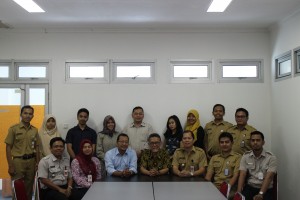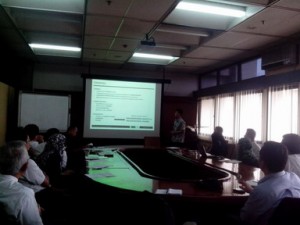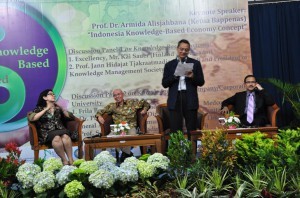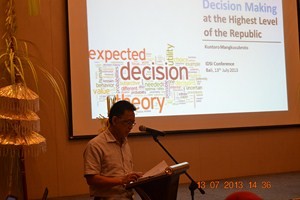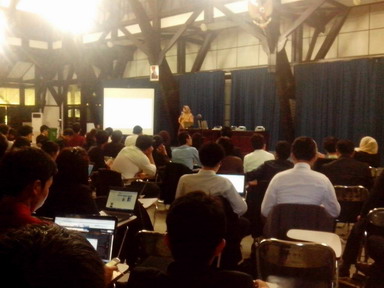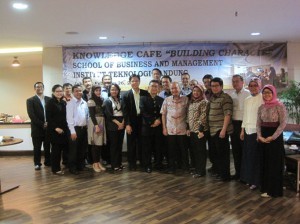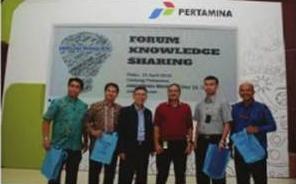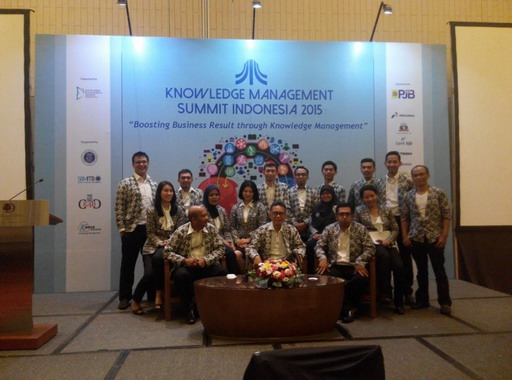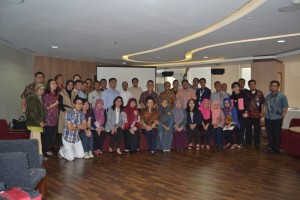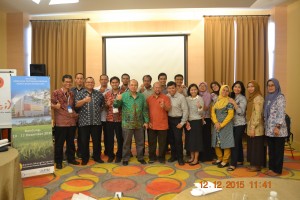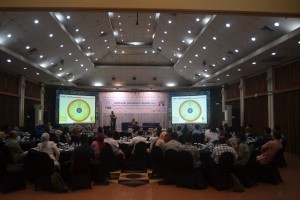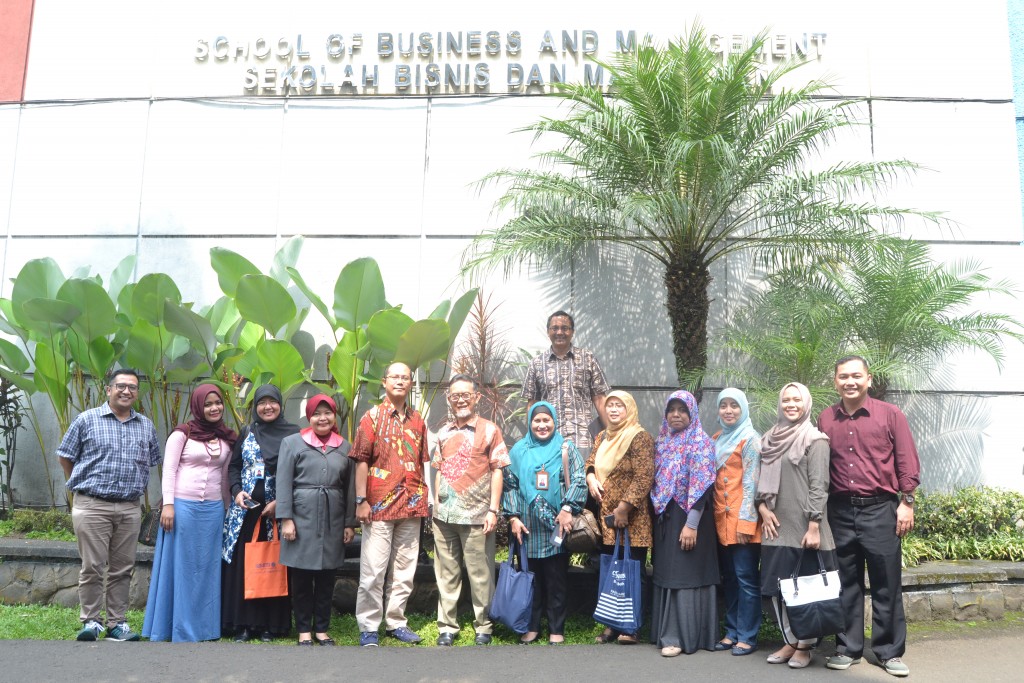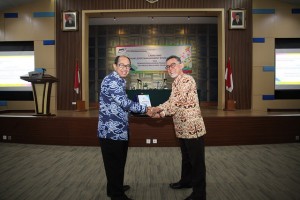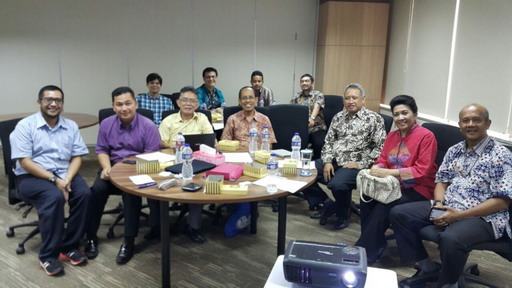In organization in which people should interact each other, communication is a basic ability to deliver their thoughts and ideas or create values. However, some people underestimate the power of communication because they think that it is a common sense for human. In fact, there are challenges for people in doing communication in organization. According to Gill, Stambaugh, & Stilwell (2008), the communication challenges in the organization involve nine major categories, namely:
- Not All Employees Being Kept Informed
- Employees Not Receiving Consistent Messages from Management
- Employees Not Receiving Timely Messages
- The Right Information is Not Being Sent to the Right People
- Expectations are Not Clear
- Plan for the Future is Not Known
- Functional Areas Not Collaborating
- Employees Not Open with Each Other
- Communication Hampered by Distance Between Units
According to those nine categories, it can be said that information flow is the main concern in comunication in which information can be a knowledge for organization. The transformation of information into knowledge requires process and it cannot be offhand happened. The information should be managed well then it will be knowledge.
The role of knowledge in organization can generate the values carried out by people. People, organizations and nations who utilize the knowledge strategically can gain an advantage against their competitors. In recent years, related to knowledge, knowledge management approach was developed and widely used by organizations (Tıngoy & Kurt, 2009). Since 1990, knowledge management has been evolving to represent the changing nature of the organization. The process of knowledge management is based on the ability of all members of the organization to add value to the basic business processes through the creation, communication, codification, and coordination of both explicit and tacit knowledge stores (Nonaka & Takeuchi, 1995 cited in Crawford & Strohkirch, 2006). Knowledge management and communication can be combined as principal strategies for enhancing the capacity of stakeholders for policy making by improving the access to and the use of relevant information. So, knowledge management mostly depend on interaction and communication between individuals and groups.
Communication is important dimension of knowledge management as well as technology, leadership, culture and it is mostly used for explicit knowledge sharing (Tıngoy & Kurt, 2009). When communication process has been implemented very well within an organization, then people can put forward ideas and encourage response in a way that all team members are included in the communication. Main stress on knowledge management and communication relation exists in definition of process. This process includes a transformation of the data, information and knowledge that exist in people’s mind and organizational processes. Data, information and knowledge, objects for the transformation, maintain this structure with communication processes in a dynamic system.
The role of people as knowledge worker in KM in which one of the most important characteristics should be possessed by the knowledge worker is effective communication. How well they documented and organized information. Good communication can create good relation between people that eventually make them trust each other. It is not easy to make a good relation. Why do we need to build trust in organization? First, trust can create leaders, as said by Simon Sinek, founder and visionary at Simon Sinek.Inc, ”when we tell people to do their jobs, we get workers. When we trust people to get the job done, we get leader”. The power of trust can generate many benefit for people in organization. Thus, creating trust among people, we have to communicate better with people. Second, trust affects the knowledge flow in organization. How people have willing to share their knowledge in which it is a way in transforming the individual knowledge into the organizational knowledge. The main concern of knowledge management is sharing information for the benefit of the organization.
References:
Crawford, C. B., & Strohkirch, C. S. (2006, December). The Critical Role Of Communication In Knowledge Organizations: Communication Apprehension As A Predictor Of Knowledge Management Functions. Journal of Knowledge Management Practice, 7.
Gill, S. J., Stambaugh, L., & Stilwell, J. (2008, December 2). Communication Problems in Organizations. Retrieved September 6, 2016, from The Performance Improvement Blog: http://stephenjgill.typepad.com/performance_improvement_b/2008/12/communication-problems-in-organizations.html
Tıngoy, Ö., & Kurt, Ö. E. (2009). Communication in knowledge management practices: a survey from Tureky. Problems and Perspectives in Management, 7(2), 46-52.
